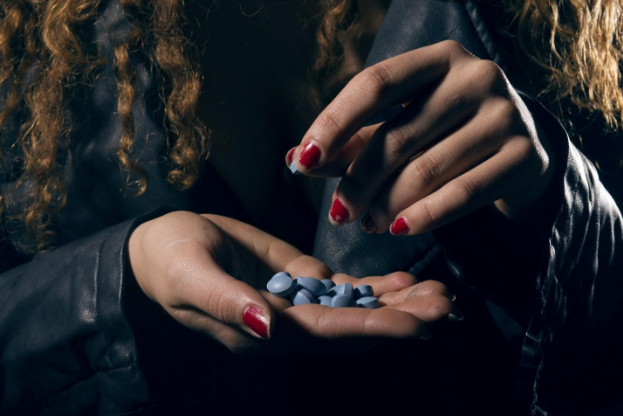What Is Different About Women-Only Drug Rehabilitation?

Drug and alcohol addiction is different for men and women in many ways and women’s rehabilitation centers are best placed to provide effective treatment for the unique set of challenges faced by women with addiction. By tailoring treatment according to gender, women are particularly responsive to the more specialized approach that deals with all the more emotional aspects of women’s drug rehab.
Women’s rehabilitation centers offer a variety of treatment approaches including psychotherapeutic techniques. Cognitive behavioral therapy or CBT is one of the most common forms of psychotherapy adopted at centers, which is a method that allows female patients to identify and learn to cope with situations that would otherwise lead to relapse.
Individual and group therapy and discussions are highly effective at female only rehab centers as patients are provided with a non-judgmental platform where they can deal with the personal and emotional issues related to their addiction.
Because women respond particularly well to other women and are more likely to open up and communicate about innermost feelings and experiences, strong bonds are formed in female rehab that can significantly improve a woman’s support network through the recovery years.
Women may also be prescribed appropriate medical treatments during detoxification in particular as a way of helping them cope with withdrawal. Therapists may also recommend antidepressants in certain cases should symptoms of anxiety and depression threaten the progress of simultaneous addiction treatment.
More often in the case of a woman with addiction issues, there is sexual trauma or abuse underlying the need to self-medicate with drugs or alcohol. The associated depression and anxiety must be treated at the same time as their addiction in order to improve overall health in the shortest timeframe. With emotional issues at the root of addiction, the drivers that keep them in abusive cycles need to be identified in the early stages of rehab on an individual patient basis.
Some of the most common disorders women can suffer at the same time as being addicted to drugs or alcohol include:
As well as the issues referred to above, rehabilitation for women addresses the distinct relapse risks facing them including untreated childhood trauma, self-esteem issues or difficulties in ending relationships with romantic partners who are still using substances or alcohol. Left untreated, these unresolved issues can potentially threaten the rehab process and trigger a relapse in the patient.
Treatment is essential to equip women with the life skills and coping mechanisms they’ll need in daily life once addiction treatment has ended. In many cases, women are offered outpatient treatment after a residential program to provide solid support to help them face the daily temptations when they return home.
Because of the heightened social stigma women with addiction face, women-specific treatment often offers the sanctuary they need to go through detox and rehab. Open communication in an empathetic environment is fundamental to women with addiction, more so than their male counterparts and considerable comfort can be found in talking to other women with similar life experiences.
The reasons behind the development of addiction are very different for women than they are men, which is why all-women treatment centers have become much more prevalent since the early 90s. Women are far more likely to be suffering emotional or mood disorders from which their addiction has developed whereas men have entirely different motivations leading them to abuse. Women-only rehab is one of the most effective methods of treating drug and alcohol addiction for the very specific challenges and needs of female addicts.
